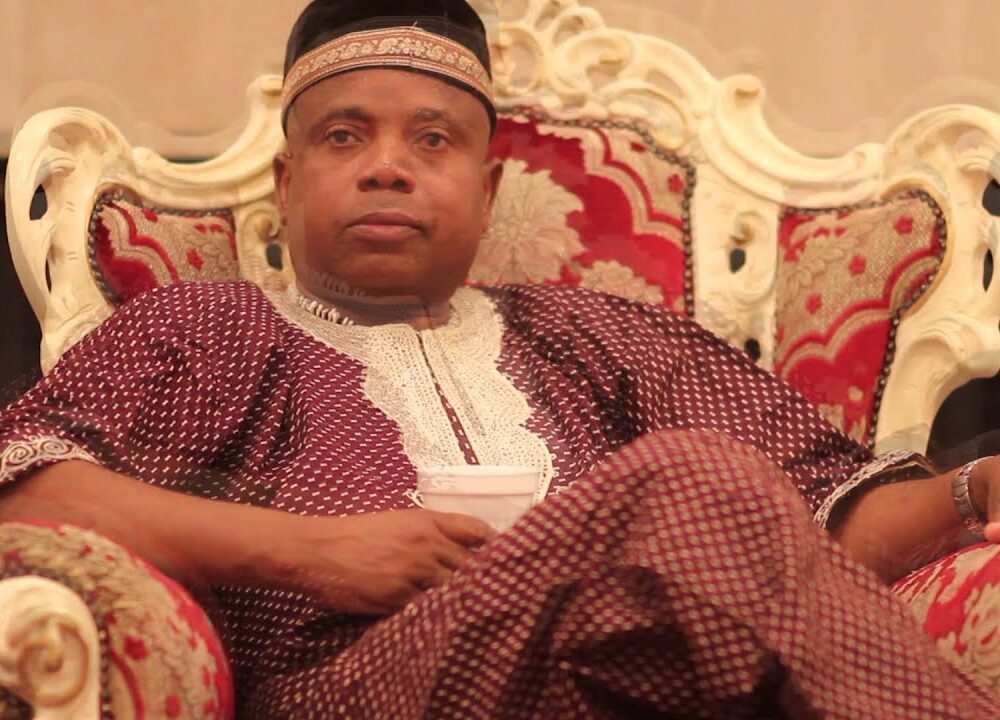Kaduna-based Desert Herald newspaper publisher Tukur Mamu’s quick transition from hostage negotiator to state security detainee was not very difficult for keen observers to foresee. Since February this year, when terrorists stormed an Abuja-Kaduna bound train and made away with dozens of hostages, Mamu has been in the daily spotlight as the man trusted by the terrorists to conduct negotiations between them, government and the families of hostages. While Ansaru hostage takers trusted Mamu, it was evident from the beginning that government had no faith in him as an honest broker.
It was very dangerous work. To begin with, no one should appoint himself as a hostage negotiator, especially where deadly terrorists such as Ansaru are involved. It is a job that anyone should undertake very reluctantly, at the urging of all sides in the drama. Usually, it is institutions such as the Red Cross that undertake this role, because of their acclaimed neutrality. Even Red Cross does not rush in to offer itself for this role.
Then there are rules. Hostage negotiation is undertaken secretly and confidentially. Details of terrorists’ demands and the alleged deadlines they issue should not be for public consumption, unless they themselves find another way to broadcast it to the public. Otherwise, there is a thin line between hostage negotiation and serving the terrorists’ propaganda aims. For example, to announce to the public with alacrity that the terrorists will soon begin to kill the hostages is to whip up public feelings in order to put pressure on the government to accede to the terrorists’ demands.
That is not a very responsible thing to do. There are a thousand and one reasons why government should not accede to the terrorists’ demands to release their captured commanders, not the least because they will immediately seize another set of hostages and make more demands. Of course for the hostages’ family members, no price is too high to pay to get their loved ones released, but government must look at the larger picture.
Since this matter will soon end up in court, according to the Department of State Services spokesman, we should not dwell into the substance of the allegations being made against Mamu, including the said discovery of military accoutrements, huge sums of money in various currencies as well as details of financial transactions said to have been found in his abodes.
The security service’s method of arresting Mamu however left some unanswered questions. Why was he allowed to board a plane from Kano, with many family members, only to be arrested in Egypt and deported back to Nigeria? Maybe DSS has a good explanation for that.
Hours after he was whisked away as his plane landed in Kano, agents raided his office and house and said they found a lot of incriminating material. Such raids were better conducted while Mamu was around. Otherwise, some people will say that cops are known to plant things in a suspect’s house, only to raid it and “find” them. Quite often when the police parade [dead] armed robbers and display weapons said to have been recovered from them, some people think that the weapons could have been planted. The most notorious such case was the case of the Apo Six in 2003.
Already, DSS is spreading the dragnet and other suspects were being picked as at Friday, including Mamu’s father-in-law.
There will be no public sympathy in Nigeria for anyone found to have been involved with or to have profited in any way from terrorism and hostage taking. Suspects should have their day in court, even though it is understandable if the public does not get to see all the evidence for security reasons





